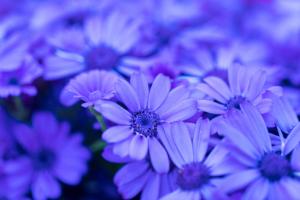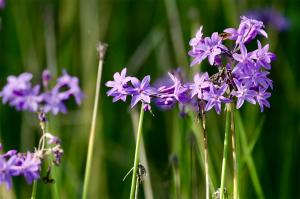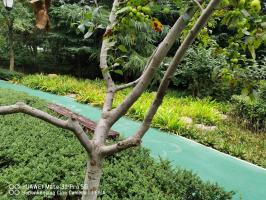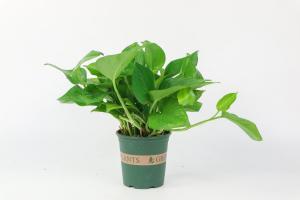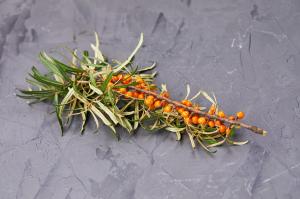Are Unused Tea Leaves Good for Plants?
Many people have heard that using tea leaves as fertilizer for plants can be beneficial, but some may be hesitant to do so. After all, isn’t tea meant for drinking? But the truth is, unused tea leaves can be a great addition to your gardening routine. Here are some reasons why.
Benefits of Using Tea Leaves as Fertilizer
Tea leaves, like other organic matter, can add nutrients to the soil. When the leaves decompose, they release nitrogen, potassium, and phosphorus, all of which are essential for plant growth. In fact, tea leaves are particularly high in nitrogen, which is important for leafy green plants like lettuce and spinach.
In addition to providing nutrients, tea leaves can also improve soil structure. As they break down, they can help aerate the soil and improve water retention, creating an environment that is conducive to plant growth.
How to Use Tea Leaves as Fertilizer
If you’re interested in using tea leaves as fertilizer, there are a few things to keep in mind. First, it’s important to use only unused tea leaves. If you’ve already steeped the leaves for tea, they will have lost some of their nutrients.
Once you have your unused tea leaves, you can add them to the soil around your plants. Simply sprinkle them on top of the soil and then use a rake or hoe to work them into the soil. Alternatively, you can also add the leaves to your compost pile.
Keep in mind that tea leaves are not a complete fertilizer. They will provide some nutrients, but not all the elements that plants need. You may still need to supplement with other fertilizers or nutrients as well.
Tips for Using Tea Leaves as Fertilizer
Here are some tips to keep in mind as you add tea leaves to your garden:
Don’t add too many tea leaves at once. This can cause problems with soil acidity and lead to nutrient imbalances.
Avoid adding tea leaves to plants that prefer acidic soil, as tea leaves can make the soil more acidic.
Make sure the tea leaves are well-mixed into the soil or compost. This will help them decompose more quickly.
Be patient. It can take a few months for the tea leaves to decompose and release their nutrients into the soil.
Conclusion
Unused tea leaves can be a great addition to your gardening routine. They can provide nutrients and improve soil structure, making a healthier environment for your plants to grow. Just make sure to use unused tea leaves, and be careful about how much you add to the soil. With a little patience and care, you can use tea leaves to create a thriving garden.

 how many times do yo...
how many times do yo... how many planted tre...
how many planted tre... how many pine trees ...
how many pine trees ... how many pecan trees...
how many pecan trees... how many plants comp...
how many plants comp... how many plants can ...
how many plants can ... how many plants and ...
how many plants and ... how many pepper plan...
how many pepper plan...